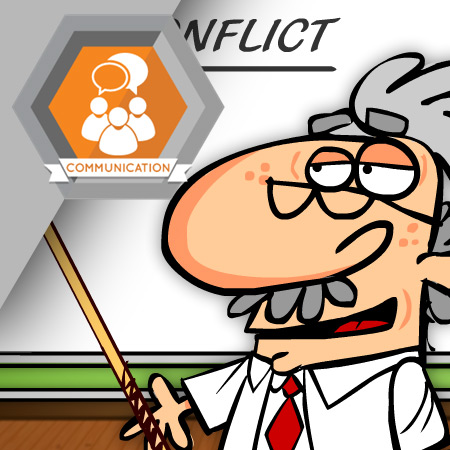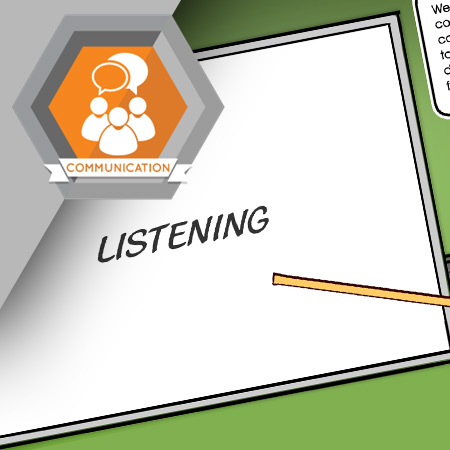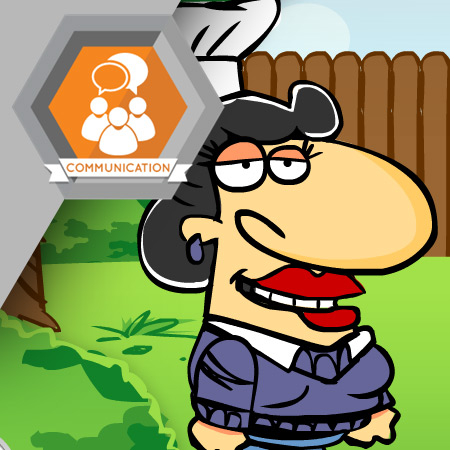
Conflict is inevitable and not all conflict is bad. Understanding conflict is important for everyone.
Learning Objectives
- Give examples of conflict
- List the three views of conflict
- List the origins of conflict
- Define positive conflict
- List the indicators of positive conflict
- Define negative conflict
- List the indicators of negative conflict
Language: English
Estimated Time (Hrs.): 2
Micro-module: No
Micro-module Series: No

Effectively managing conflict requires good communication skills.
Learning Objectives
- Describe the importance of communication skills
- List the common types of listening
- Define empathetic listening
- Describe the guidelines for empathetic listening
- Describe the process of empathetic listening
- Describe the mirroring technique of feedback
- Define “I” statement
Language: English
Estimated Time (Hrs.): 1.8
Micro-module: No
Micro-module Series: No

Conflict is natural and happens all the time. Effectively managing conflict is important for everyone in an organization.
Learning Objectives
- List the Thomas-Kilmann styles of conflict management
- Discuss the positives and negatives of different conflict management styles
- Define positional bargaining
- Discuss the collaborative approach to conflict management
- Discuss the Interest-Based Relational approach to conflict management
- Describe the questions you should ask yourself to facilitate a win/win conflict resolution
Language: English
Estimated Time (Hrs.): 2.3
Micro-module: No
Micro-module Series: No
